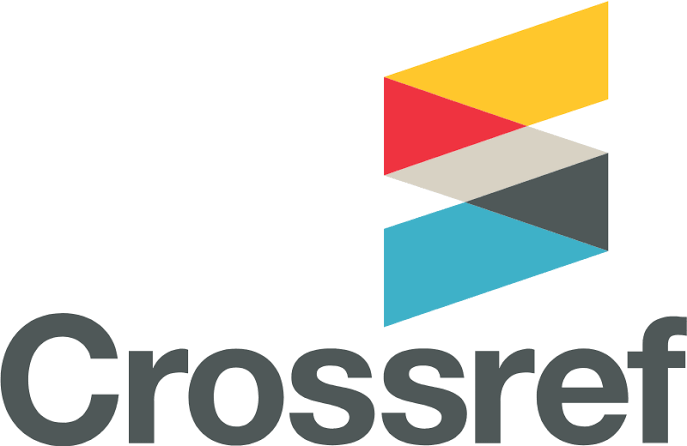APPLICATION SOFTWARE CORRELATES OF LECTURERS INSTRUCTIONAL EFFECTIVENESS IN TEACHING CHRISTIAN RELIGIOUS KNOWLEDGE IN COLLEGES OF EDUCATION IN SOUTH EAST, NIGERIA.
DOI:
https://doi.org/10.5281/m.v6i1.105Keywords:
Application, Software, zoom, goggle, CRS, instructional effectiveness.Abstract
The study examined mobile application software adequacy and usage as correlates of lecturer’s instructional effectiveness in public universities in South East Nigeria. Two research questions were answered and two null hypotheses postulated and tested at 0.05 level of significance guided the study. The study adopted a correlational design. The population was 634 lecturers from six colleges and faculties of education in the studied colleges of education. The sample size was 317 lecturers which represented 50% of the population. This consisted of 48 lecturers’ from Nwafor Orizu College of Education, Nsugbe, 28 lecturers from Federal Colleges of ducation Umunze, 33lecturers’ from Ebonyi State College of Education Ikwo, 75 lecturers from Alvan Ikoku College of Education, 80 lecturers from Imo State college of Education, Owerri (IMSU) and 53 lecturers from Federal College of Education Ehaamufu. The sample was arrived at using four-staged sampling technique. Data for the study was collected using researchers’ self-developed questionnaires titled Mobile Application software Questionnaire (MASQ) and Lecturers Instructional Effectiveness Questionnaire (LIEQ). The instruments were validated by two experts from the Department of Educational Management and one expert from the Department of Science Education specialized in Measurement and Evaluation, all from Nwafor Orizu College of Education. The reliability of the instruments was determined using Cronbach Alpha Method which yielded an alpha of.70 and .80 respectively which were considered reliable. Data were analyzed using Pearson Product Moment Correlation Coefficient (PPMCC) to answer the research questions while linear regression analysis was used to test the null hypotheses at .05 level of significance. The findings of the study revealed that use of zoom mobile application technologies to positive low extent correlate with lecturers instructional effectiveness in public universities in south east, Nigeria. Use of goggle classroom mobile application technology to a positive low extent correlate with lecturers’ instructional effectiveness in public universities. The study recommended that Google classroom, zoom technological software and other internet sites that supports educational activities should be incorporated into the university curriculum as means of instructional delivery. The university management, educational policy makers and NUC should introduce measures such as strict laws and provision of education during orientation week to new students on how to manage their mobile phones during classroom lectures; an approach that may possibly help in increasing the quality of instructional delivery in the university system.
Downloads
Published
How to Cite
Issue
Section
License

This work is licensed under a Creative Commons Attribution-NonCommercial-NoDerivatives 4.0 International License.











